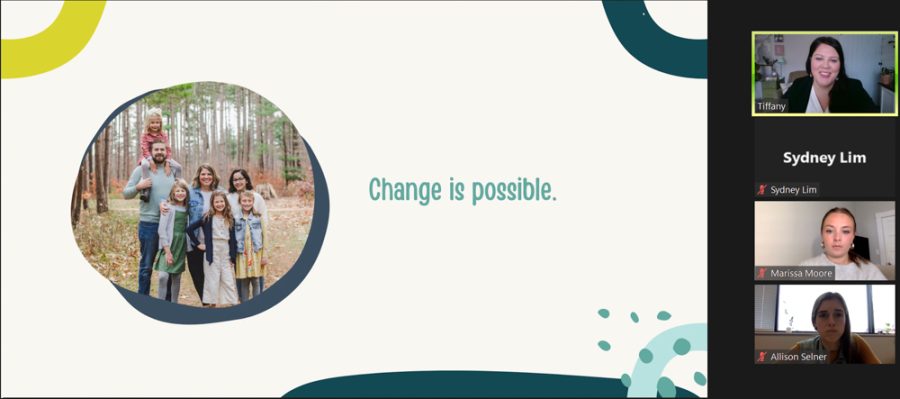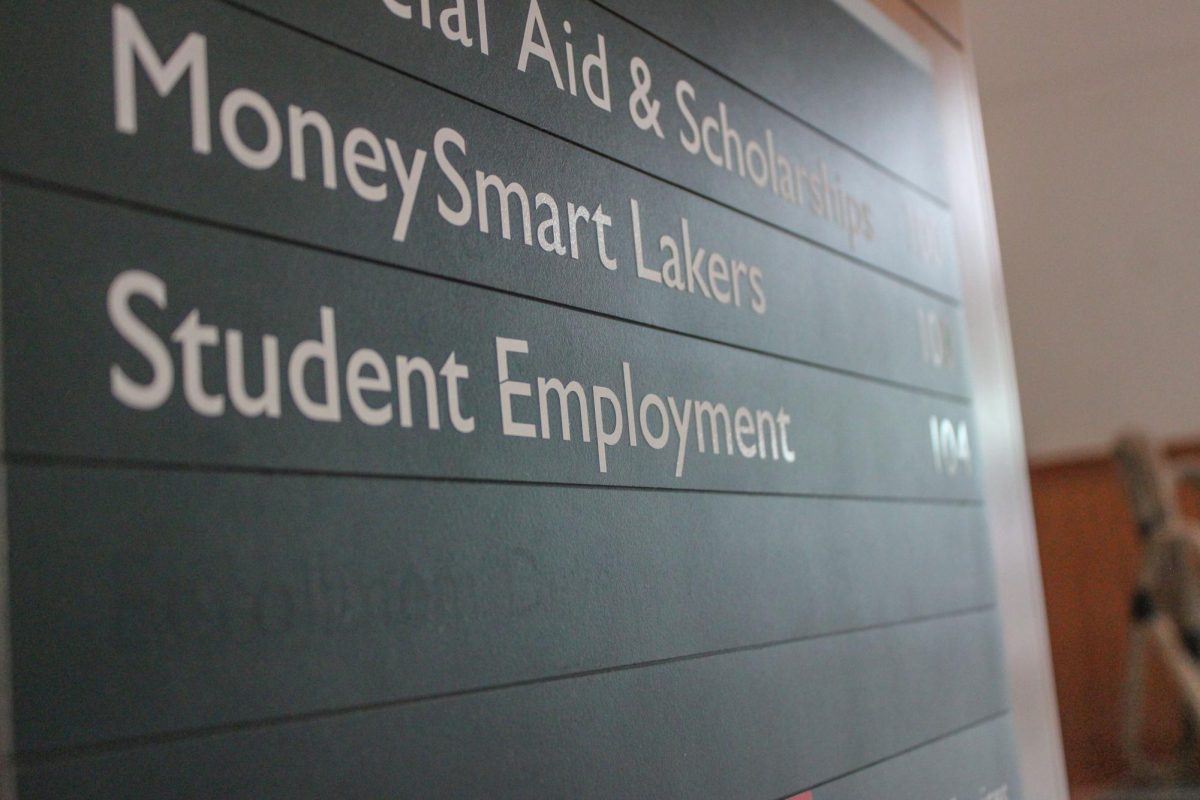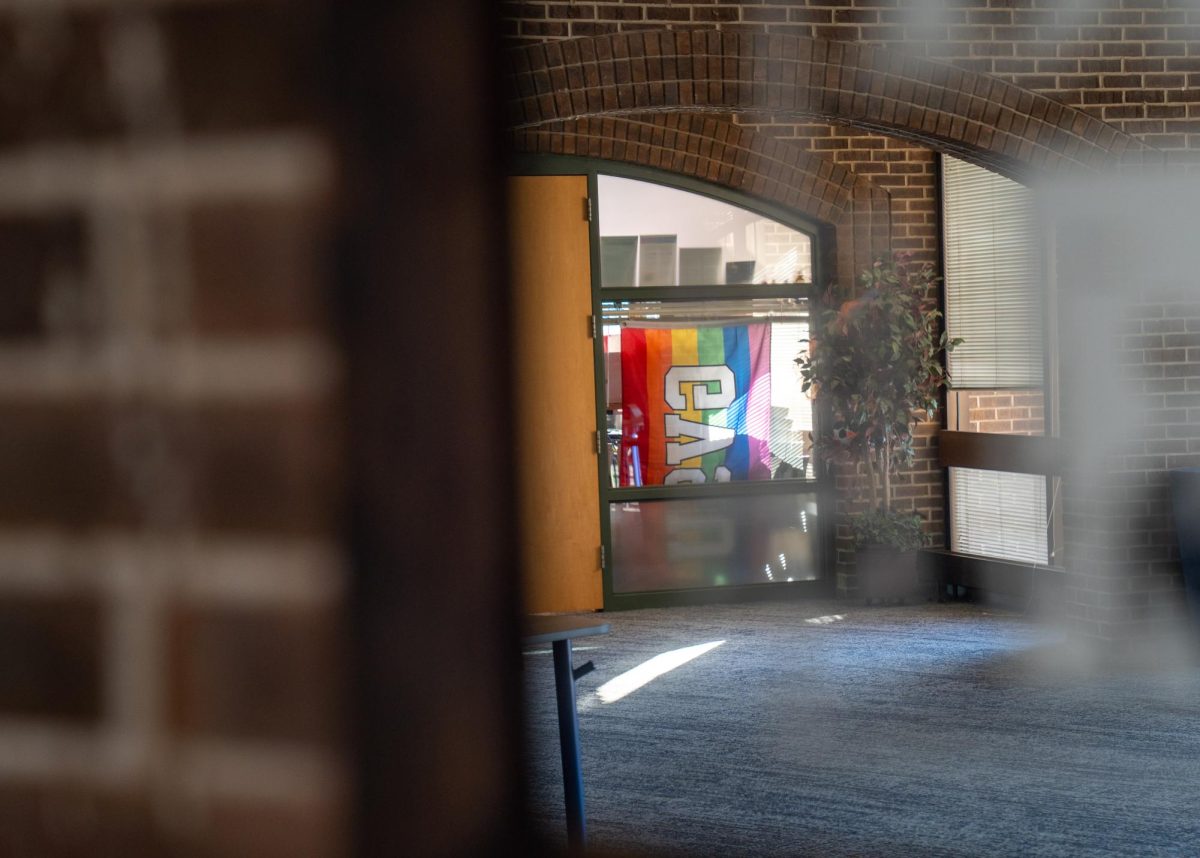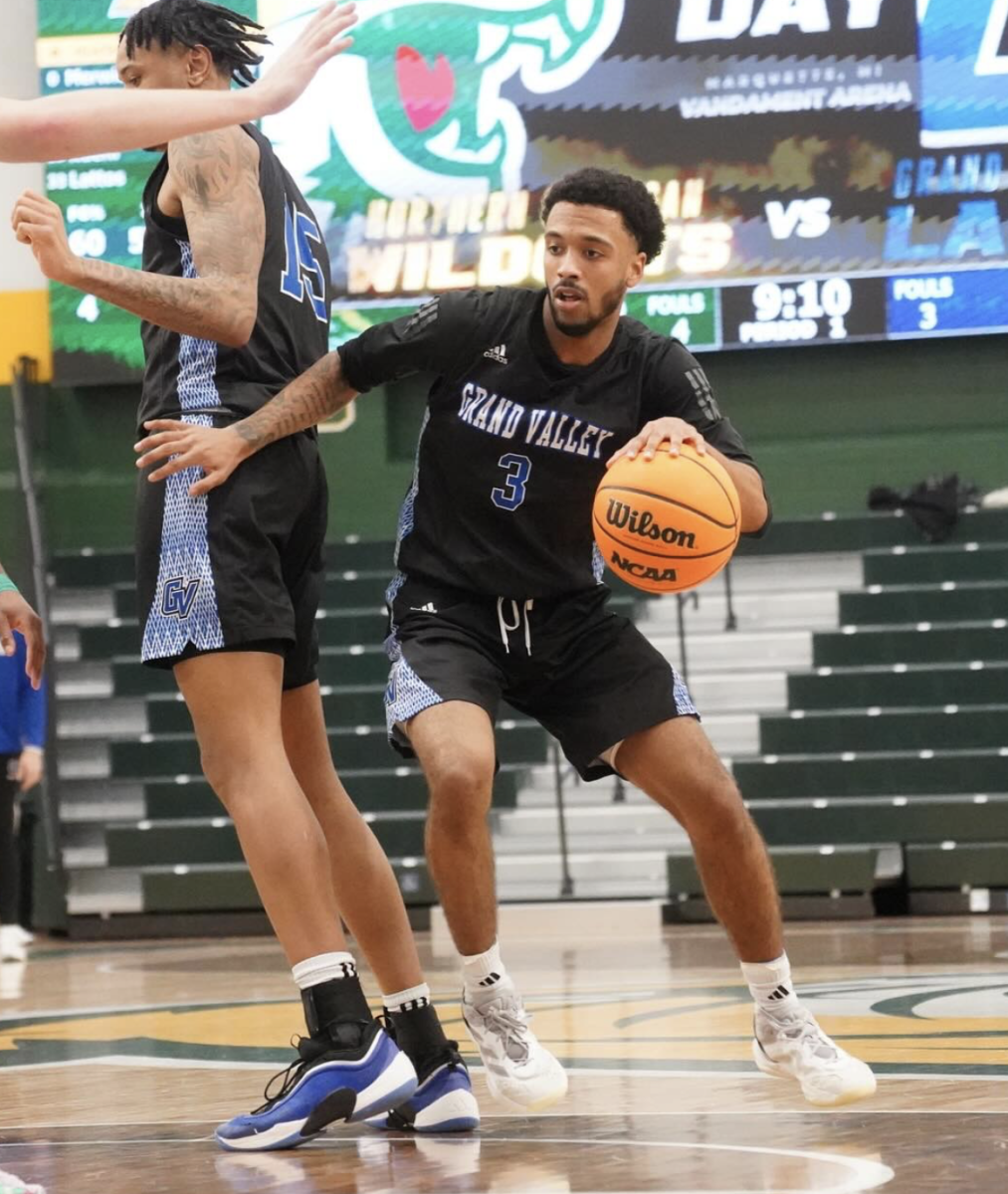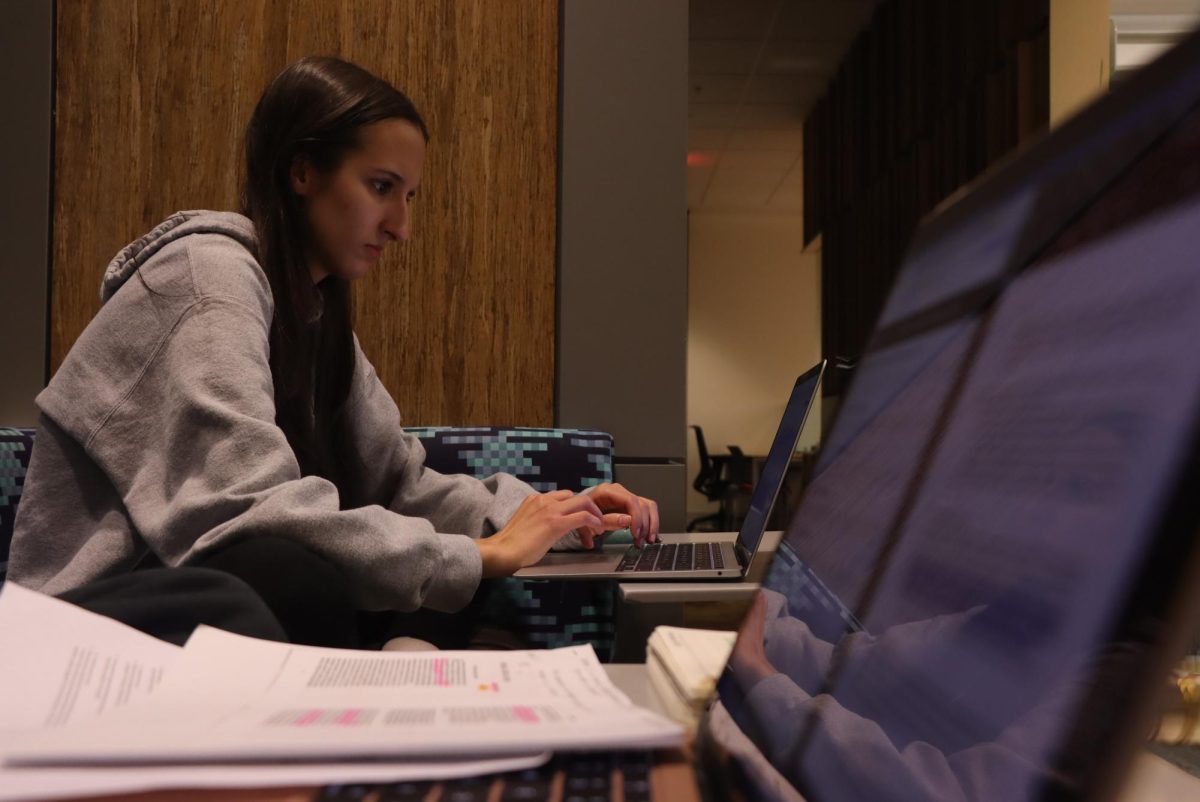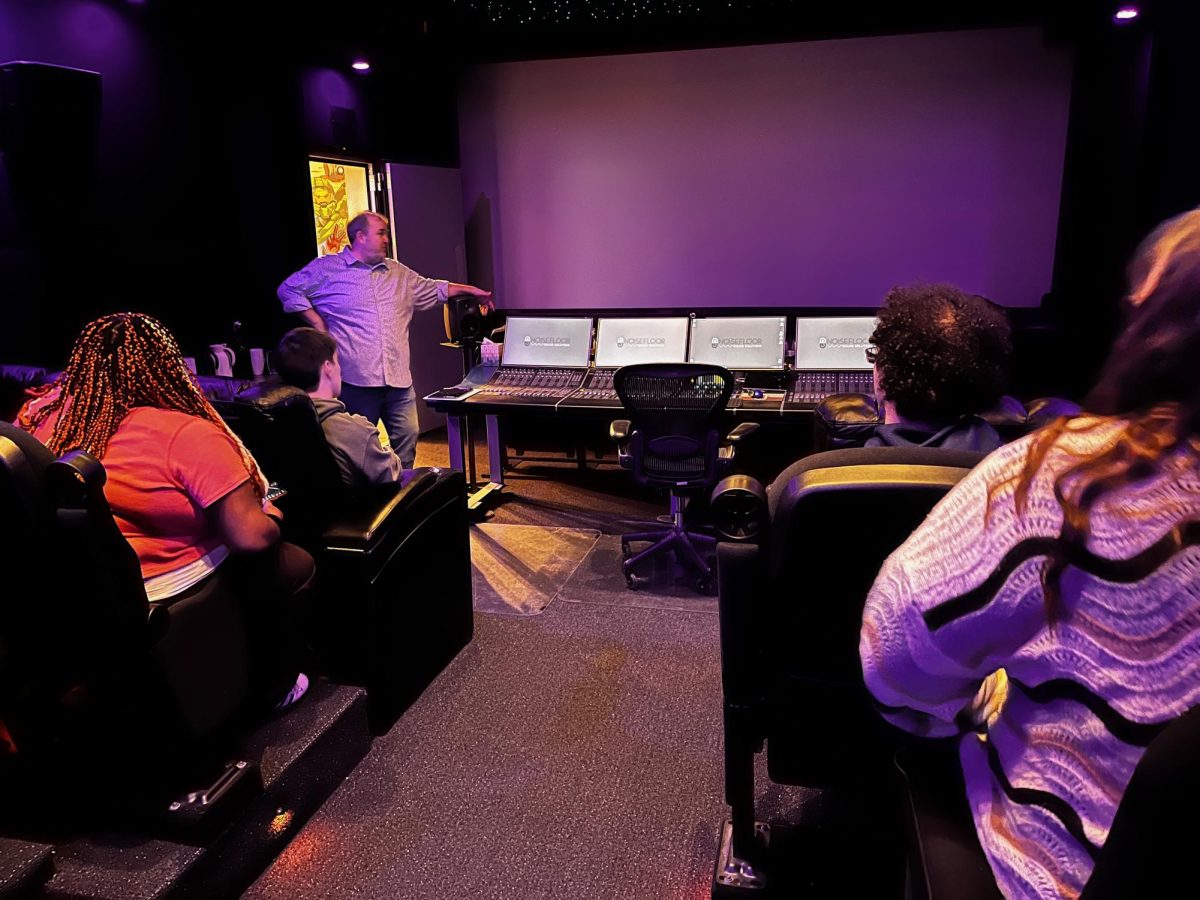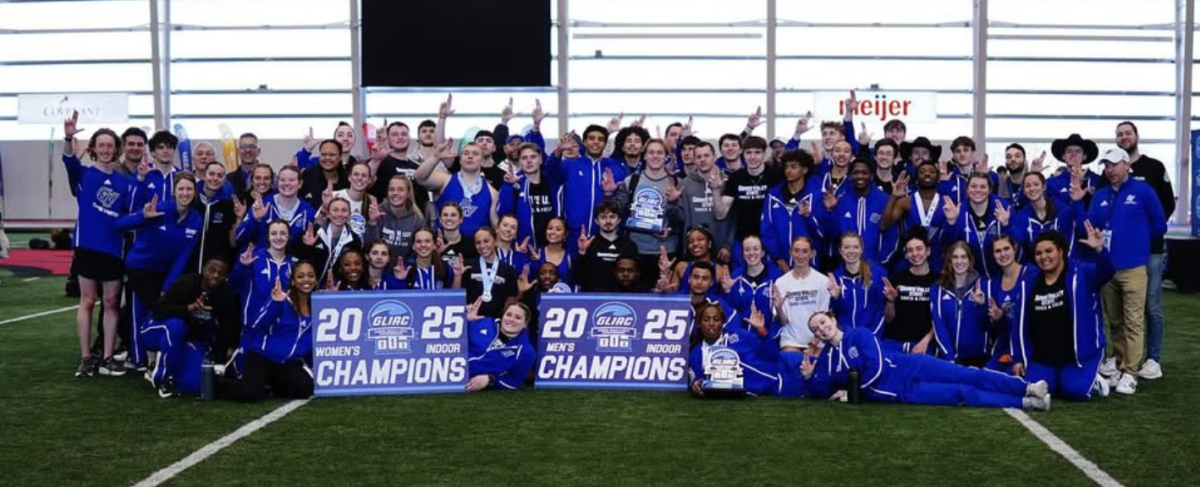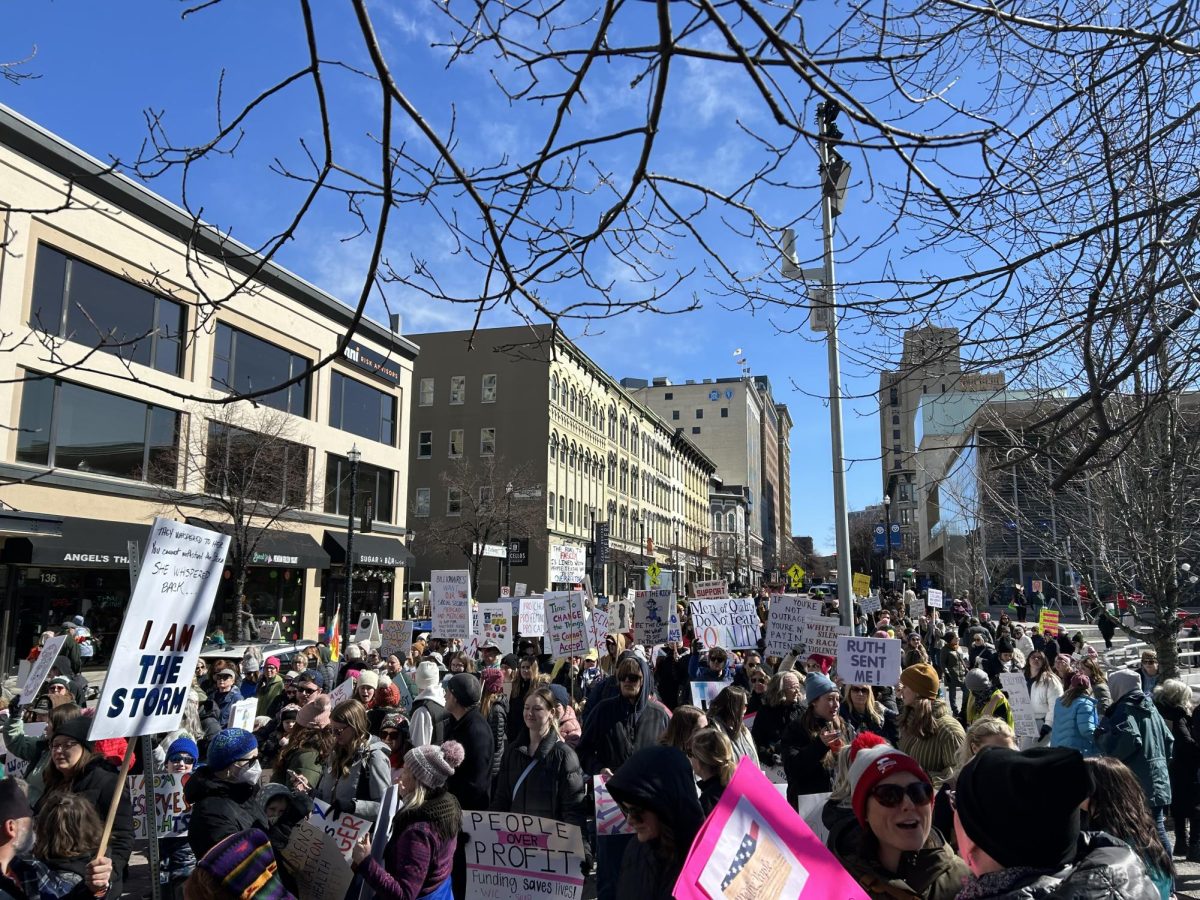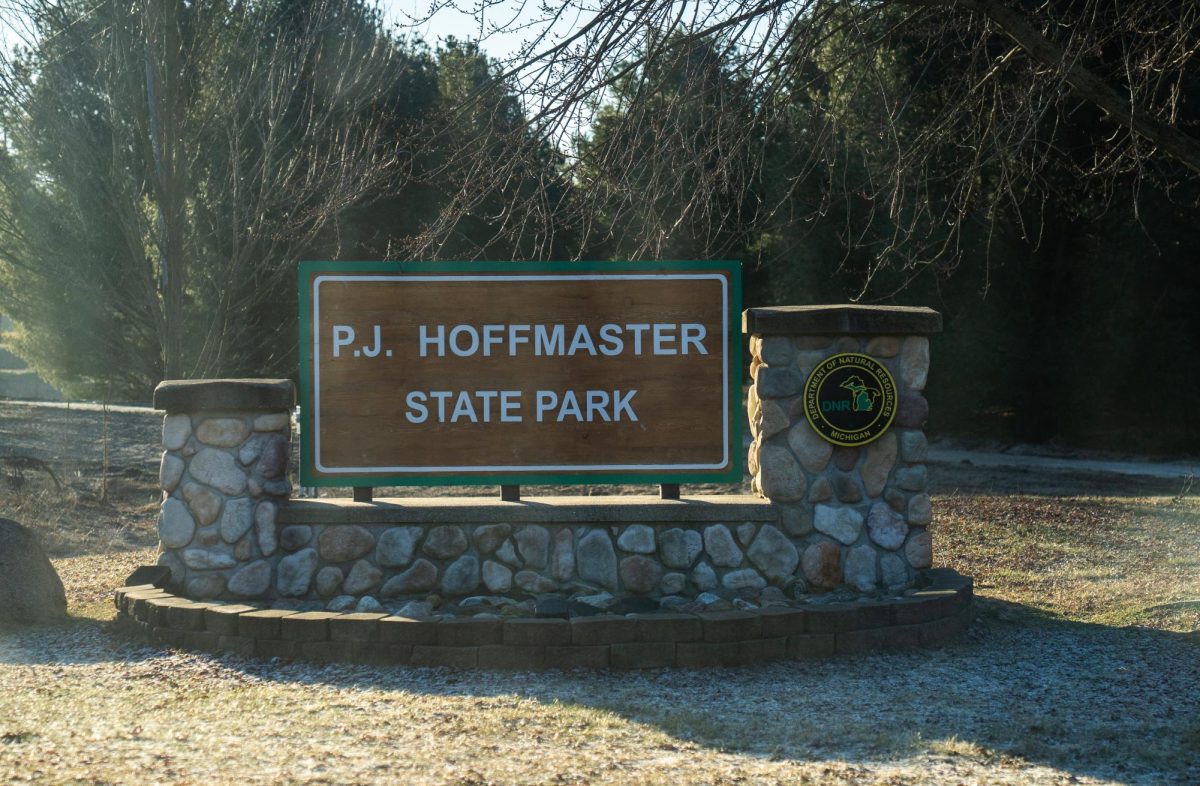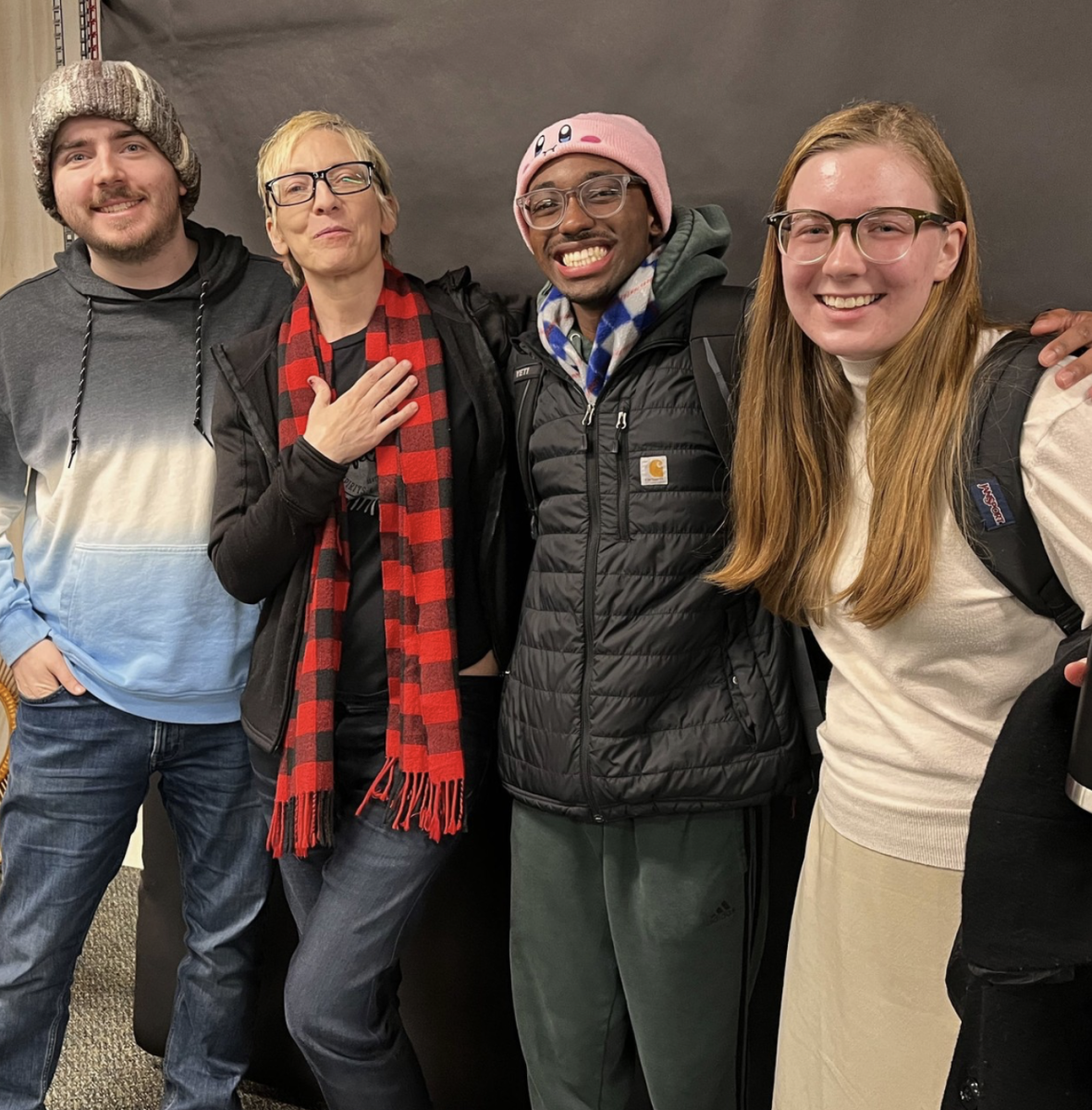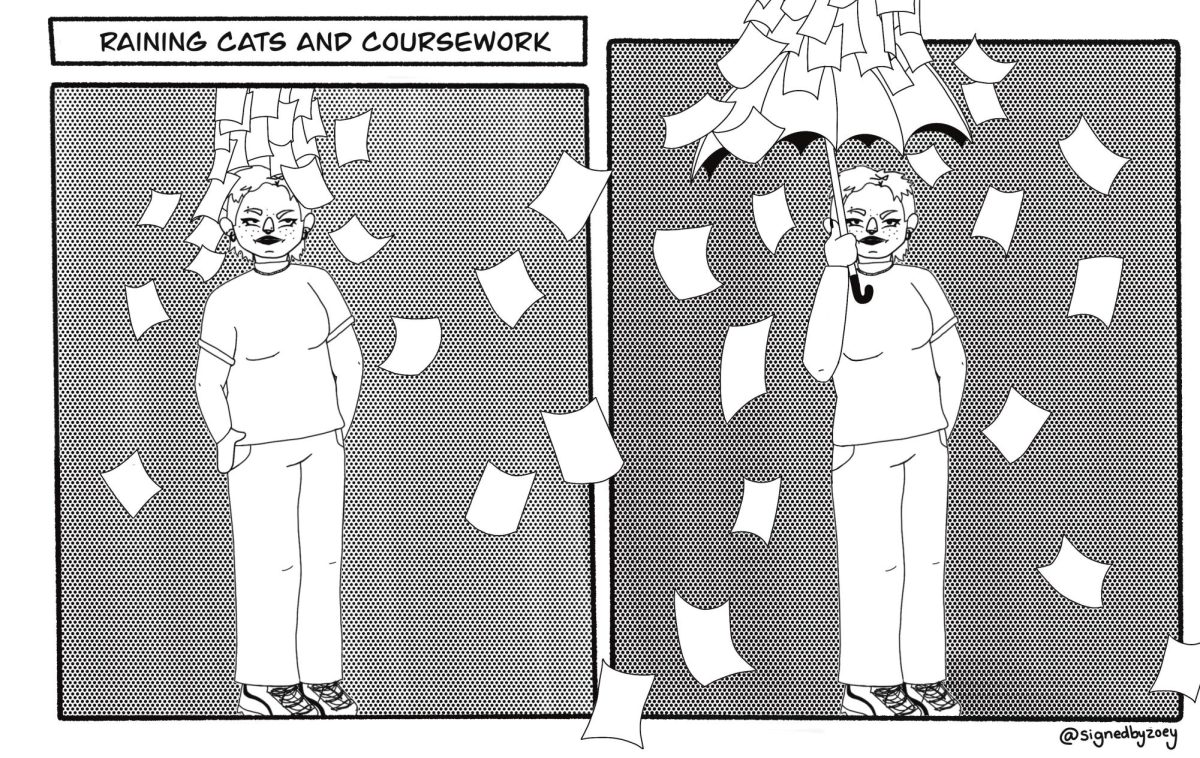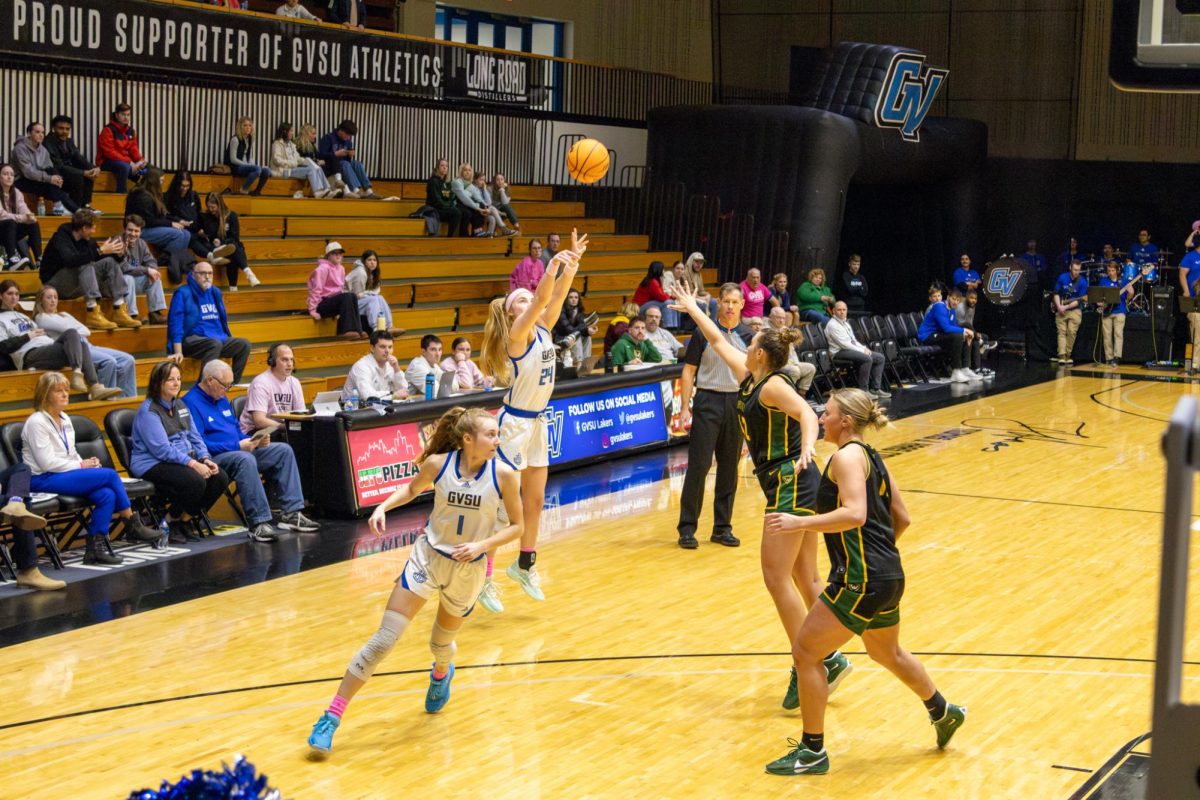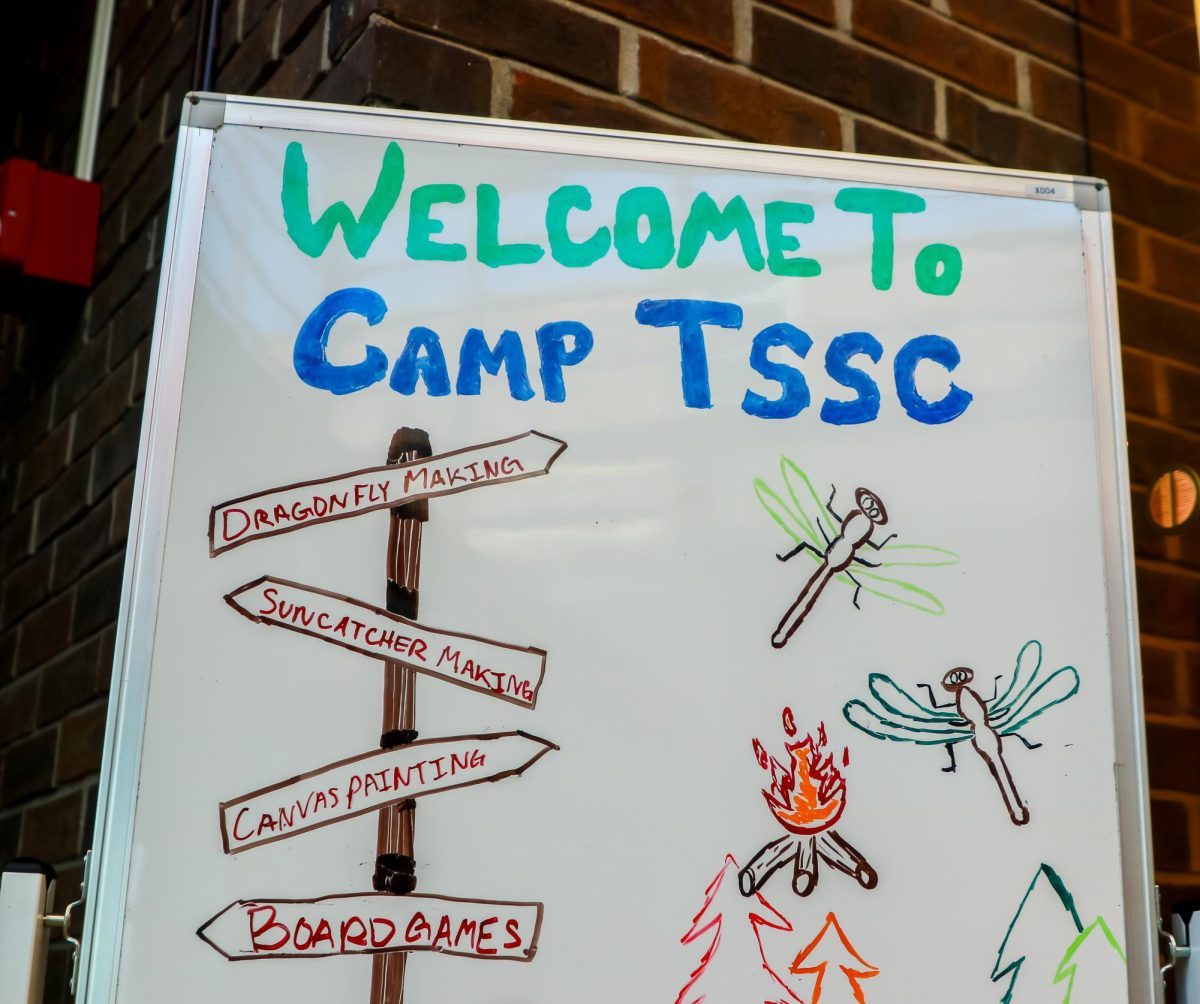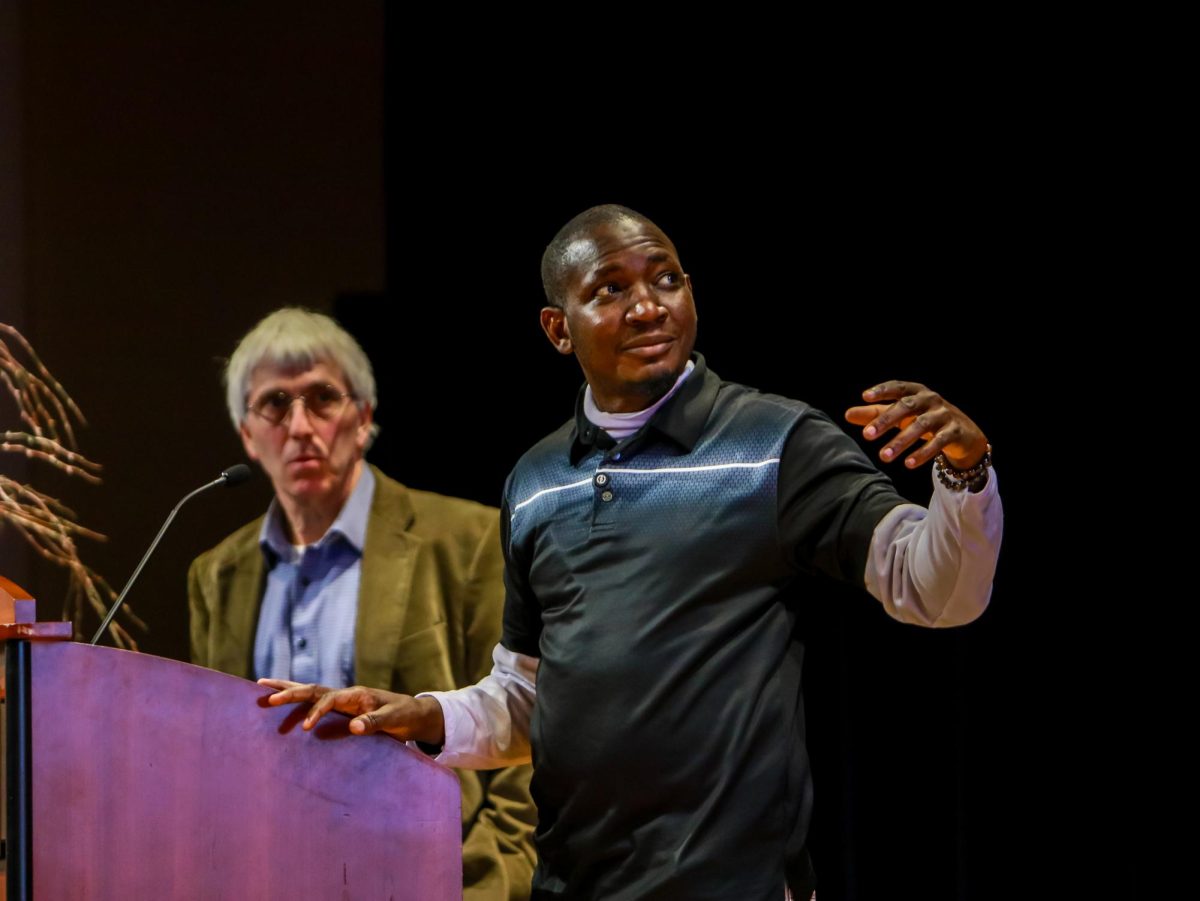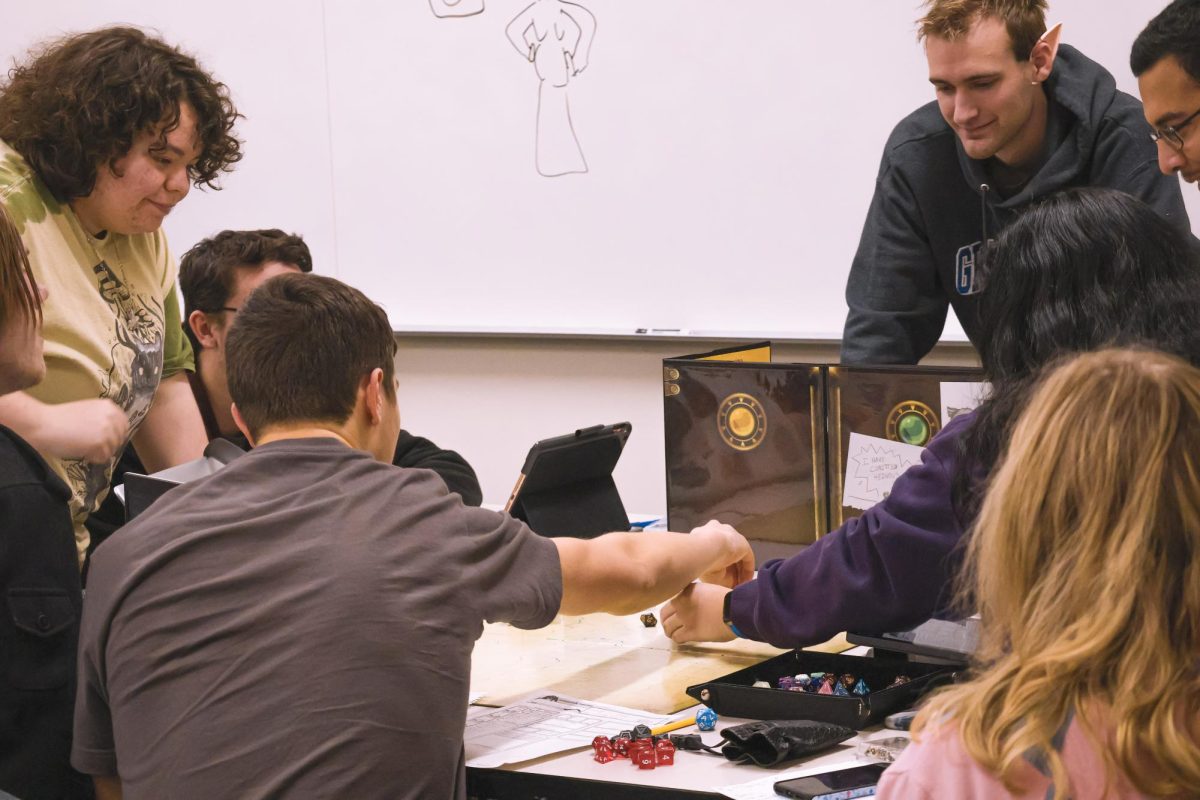Michigan Fosters hosts webinar on breaking the mold of generational trauma
Apr 4, 2022
A recent webinar held by Michigan Fosters and the Grand Valley State University Master of Public Health Program candidates Marissa Moore, Allison Selner, Danielle DeHetre and Megan Kwantes discussed generational trauma as it relates to the foster care system and how it can affect people’s lives. The webinar was titled “Breaking the Cycle of Generational Trauma.”
In a recent study conducted by Children’s Rights, it was found that in 2019 over 672,000 children spent time in the United States’ foster-care system. The study also found that on average, children are in the foster-care system for over a year-and-a-half and 5% of children in foster care have lived in the system for five or more years. The presenters at the webinar taught the audience how to help those who may have trauma from spending time in foster care.
Moore said one of the main goals of the webinar was to increase awareness of generational trauma and how it relates to the foster-care system. The webinar also covered how those who’re still harboring trauma from time in foster care can healthily advocate for themselves and for others.
“Bringing awareness to such an important topic is extremely powerful and that is what we were aiming to do,” Moore said.
Trauma can manifest itself in many ways. Affected individuals might be more resistant to communicating their feelings, talking about their traumatic experiences and allowing others to help them. Generational trauma involves these feelings becoming an integral part of several generations of a family.
In addition to bringing awareness to generational trauma in the foster-care system, the webinar also taught attendees how they can create change in themselves and their families. The goal of these lessons was to encourage attendees to think about how positive changes in dealing with trauma can help put an end to its impact on future generations.
Kraker, one of the guest speakers at the webinar, spoke about helping students recognize the impacts of positive change. She also worked with attendees to help them create concrete guidelines for effective communication.
“Most students, in some capacity, either know someone who has experienced trauma or have experienced it themselves,” Moore said. “This webinar really aimed to help students recognize this and learn how to make positive changes for themselves and others.”
At the end of the webinar, students were encouraged to put their new knowledge to use and break the mold of generational trauma.
Although there are not currently any trauma-focused events planned in the near future, students interested in learning how to deal with trauma are encouraged to reach out to the Counseling Center. Those looking to advocate for children in the foster-care system or searching for more information about foster-related trauma can find more details at Michigan Fosters’ website. Other adoption and foster-care resources are available on the Michigan Department of Health and Human Services’ website.





